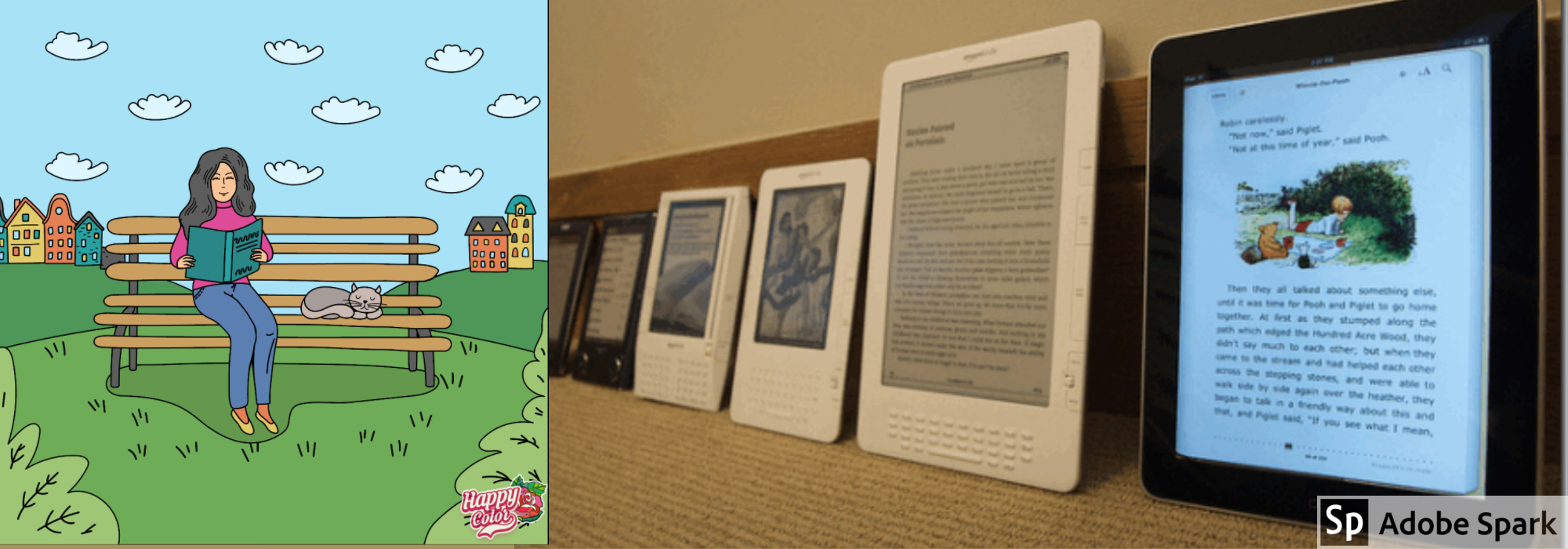No Free Lunch!
#freeknowledge



During the worldwide lockdown period due to COVID-19, several Universities, including Calcutta University, have allowed free access to their library resources. Several reputed publishing houses such as Springer, have given permission to download books for free. Not all of their publications, mind you, but the list of freely downloadable books is not a short one, either.
For many of us, academicians and avid readers, accessing books for free has become a habit. Since I read only Bengali and English books, I know a huge number of these are available online — legally or illegally. Students download reference books from various sites. Often they, being residents of digital world where I am a mere emigrant, are able to unlock sites which I have no information about. Not always these sites are well protected, they may spawn malware in our laptops and cyber security may be breached. But, it is a game of challenge, too. If a book or a research article exists, why do we not get them for free? Hard bound reference books may cost upward of USD 120. From India, one may not get the most recent publications by the top scholars in one’s area of work. Therefore, is it not in the interest of academia that everybody must be able to download all books and journal articles for free? Why should knowledge not be free?
There are many justifications supporting totally free dissemination of knowledge. Wikipedia, the online encyclopedia, is one case in point. There are over 6 million articles in English Wikipedia alone and 50 million pages. Bengali Wikipedia was launched on 27 January 2004 and there are almost 3 lakh users, close to 1 lakh articles and in 2018 Bengali Wikipedia was viewed more than 190 million times from all over the world. For a check of facts on the go from anywhere and on everything under the sun, there is no parallel to Wikipedia. If Encyclopedia Britannica had been a glamorous decoration piece in a household, Wikipedia is the most comfortable sleepwear!
Does anybody ever wonder how is this massive Wiki-universe is supported? Technology is the mainstay and to keep it up and running and updating almost instantaneously, dedicated manpower is required. On the left panel of any Wikipedia page, there is a small link for donation. They will accept any amount, even as small as INR 100. I wonder what proportion of users make regular contributions!
While Wikipedia is for everybody, academicians crave for specialized knowledge. For free access of peer reviewed journal articles, there are a number of aggregator sites. Take for example Elsevier, a global information analytics business, specializing in science and health. They publish close to 5 hundred thousand articles every year in over 2500 of their journals on science, health science, arts and humanities. In addition, they publish hundreds of books every year. Elsevier has impressive contribution in knowledge dissemination around the globe. Most of their journals have good impact factor, which means the articles are of good quality and subsequent researchers refer to these articles. Quality in research publications is very important, which is ensured by peer review. Any good journal follows a protocol that, once a research article is submitted, it is reviewed by at least two other researchers in that area for their critical comments. For top journals the acceptance rate of research publications is less than 25%.
To bring current research free of cost to academicians, most of the publishing houses offer authors two different options. If the author is willing to pay a substantial amount (USD 3000 or more perhaps), the article may be made available to a wider community immediately, if it is accepted for publication. If the author is not willing or, if she is from an underdeveloped country like India and is not capable of paying such exorbitant amount for publication, the article will have restricted availability. That is not to say, the article will never be available for the academia outside of journal subscription. It will be, but perhaps at a later date; perhaps it will only be readable online.
In addition to the publishing house giants, there are online storehouses of journals, such as JSTOR. It is a digital library for scholars, researchers, and students providing access to more than 12 million academic journal articles, books and primary resources in 75 disciplines. Academic institutions pay a yearly subscription fee to JSTOR and through their institutional access, the researchers can access and print articles of their choice. Individuals may take free subscription to JSTOR. Naturally they enjoy limited access, such as availability of 6 articles every month for online read but printing is not permitted. Because of the work from home situation, JSTOR has also increased the benefits of free access to 100 articles monthly.
Moreover, there are open access internet libraries, such as National Digital Library and Internet Archive. There are books to read from Goodreads, lately taken over by Amazon, having over 400 million books. There is Project Gutenberg, having 60000 e-books. Universities are not lagging behind either. Heidelberg University, for example, has a commendable collection of books and periodicals in many languages, including Bengali. Many of these aggregator websites or e-libraries thrive on public donation.
In spite of so much literature being available online, there are many more, which are not accessible. Enter hackers, or the Robin Hoods of Science, one of the most well-known among them is Alexandra Elbakyan of Sci-Hub, which created history by being sued by Elsevier in 2015 for a sum of USD 15 million, the largest copyright violation case till then, and losing. Alexandra is a firm non-believer in copyright protection, hacks publication sites and accesses research publications illegally.
There is a raging debate regarding the ethics of hacking the paywalls. Both sides have arguments in their favour. Hackers believe knowledge must not be controlled by prohibitive cost. The whole idea of a good library is that, one should be able to walk in and access the gems that from time immemorial mankind has created. At the same time the brick-and-mortar library and the technology-supported cloud of virtual knowledge need to be kept spick-and-span and be allowed to grow. Neighbourhood libraries and free reading rooms, that once were part of Calcutta culture, have vanished into nothingness due to lack of fund. Just the other day I received an e-edition of the first volume of Leela Mujumdar’s collected works. Laalmati Publication is bringing out one yearly volume and the price is approximately INR 500. If it so happens that sale of printed books dwindles because of free copies being circulated, after a while the publishing business will go bankrupt. No new books will be published. It is true that over the internet self-publication of fiction or non-fiction is possible. However, self-publication does not guarantee quality check. Good literary work will be lost in the avalanche of garbage. Admittedly this is an extreme situation, but if publication industry loses financial base to a large degree, this will happen sooner than later.
On the personal side, not having a printed book to read before falling off to sleep, will be a major catastrophe for me!
Comments
Free lunch nei
Due to age or past habit I can not read books in thin air.I like to hold the book or magazine or news paper in hand and then read.
Sunandan Narayan Basu
03-07-2020 22:40:17
Freelunch
Quite an eye opening article... However one point is intriguing...is it really possible to provide Freelunch??? Nature provides us free air, water, earth and in turn enriches itself by its consumers diversity within permissible limits, any deviation beyond these limits never been tolerated by her. Likewise, distribution of these free knowledge materials having defined purpose behind it and most businesses are following exactly the same model. Consumers are made addicted to a product first and then manufacturer starts making profit by depriving it's consumers.
Saswati Bhattacharyya
05-07-2020 11:22:20
Reply here




No free lunch
Absolutely brilliant. A real problem depicted so lucidly.
Soma Gupta
03-07-2020 05:37:18